To believe in something we have to know what that exactly means. Many, who are aware and conscious of climate change want to buy products that are eco-friendly- made from recycled material or can be reused again. So, the lookout for ‘sustainable’ brands is always on. However, there is a difference between companies that portray sustainability and companies that are inherently sustainable through their business model. Companies inform their customers about the responsibility of saving our planet but no concrete backend action is taken. Some also try to use sustainability as a marketing tool so that they can get noticed by aware customers. These companies follow the practice of Greenwashing.
What is Greenwashing?
The google definition for this is “the process of conveying a false impression or providing misleading information about how a company’s products are more environmentally sound”.
Transparency in terms of a company’s practices and models helps consumers determine a brand’s worth on their own. We can take the example of Gaurav Gupta, Couturier, Artist, and Designer, who pledged to move towards shifting to recycled plastic packaging on World Environment Day 2020. His luxury couture, gowns, bridal wear, and suits will be wrapped in a reusable high-quality clothing bag, completely made from recycled plastic bottles. He is very vocal about how he is taking these actions and the changes we need in our fashion industry according to the changing times to protect our environment. They have recently launched a collection in which fabrics were created with wrappers of crisps and biscuits, plastic bottles, and other daily consumables that have been excavated from oceans & landfills and employed to create a chunk of the collection.
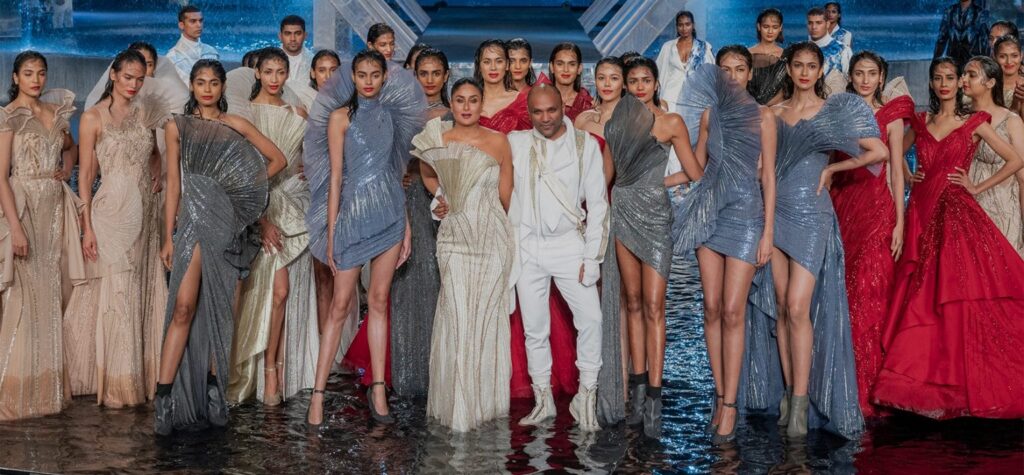
(https://www.gauravguptastudio.com/lakme-fashion-week/)
Another brand making strides, Ikkivi is a curated shop for contemporary ethical fashion. Since 2015 they have been a trusted global destination for sustainably and mindfully made products that create a minimal negative impact on the environment and its people. They have been vocal about how they want to make sustainable clothing with size inclusivity, as it is one of the main problems in the ethical fashion industry. Recently, they introduced a size-inclusion pact to provide 2XS to 5XL sizing at no added cost. Nivi Murthy, the founder of Ikkivi, said “Our intention is to create awareness in this space and offer people worldwide the opportunity to buy sustainably made clothes in a range of sizes.” They have also started collaborating with new designers to make sustainable clothing and it is mandatory for them to sign the agreement about size inclusivity.
Now, this is the kind of transparency that determines a brand’s worth.
As a sustainable company, we believe in complete transparency so that our customers are aware about what they are investing in. From the source of our plastic waste collected to the artisans skills and our final production methods, we follow practices to keep our carbon footprint to the minimum. We try to make the lifeline of our product longer by rethinking and repurposing pre and post-consumer waste.
As a consumer, it is very important to know where the clothes on your back, the food on your table, and the accessories donned in your houses come from. As a sustainably conscious consumer, it is even more important to be vary of the practices followed by a beloved brand and ensure it aligns with our ideologies. So the next time you see a tag which claims – 100% sustainable, made of wonderful materials to enrich your life, stop and ask yourself what the tag is really trying to convey!
Know more about the brand here:
IKKIVI: @ikkivi
Gaurav Gupta: @gauravguptaofficial


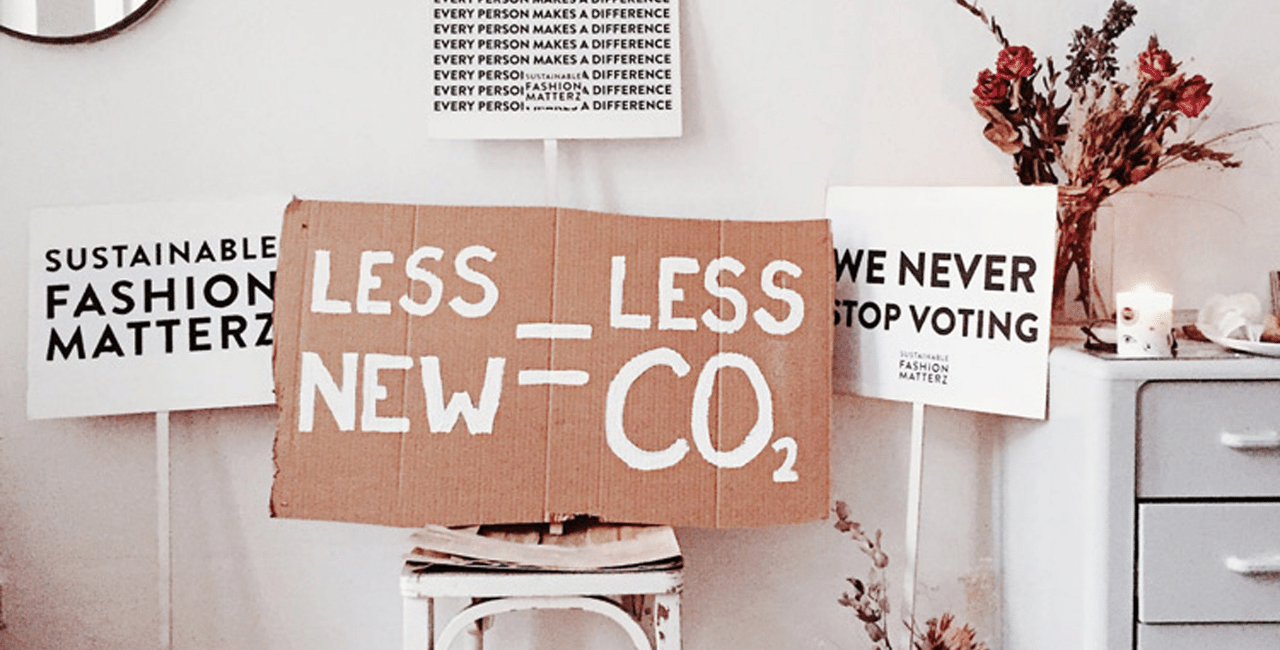
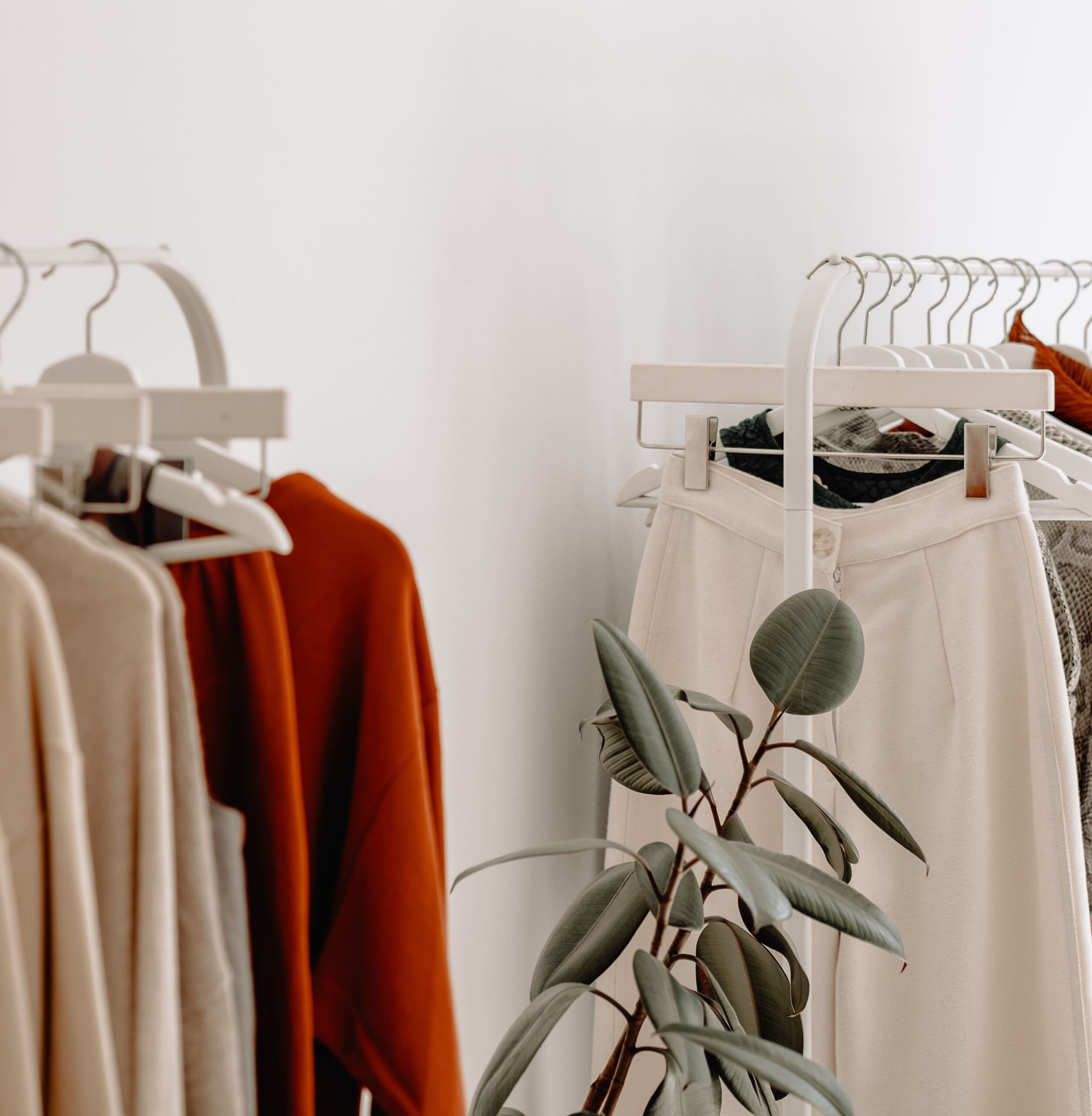
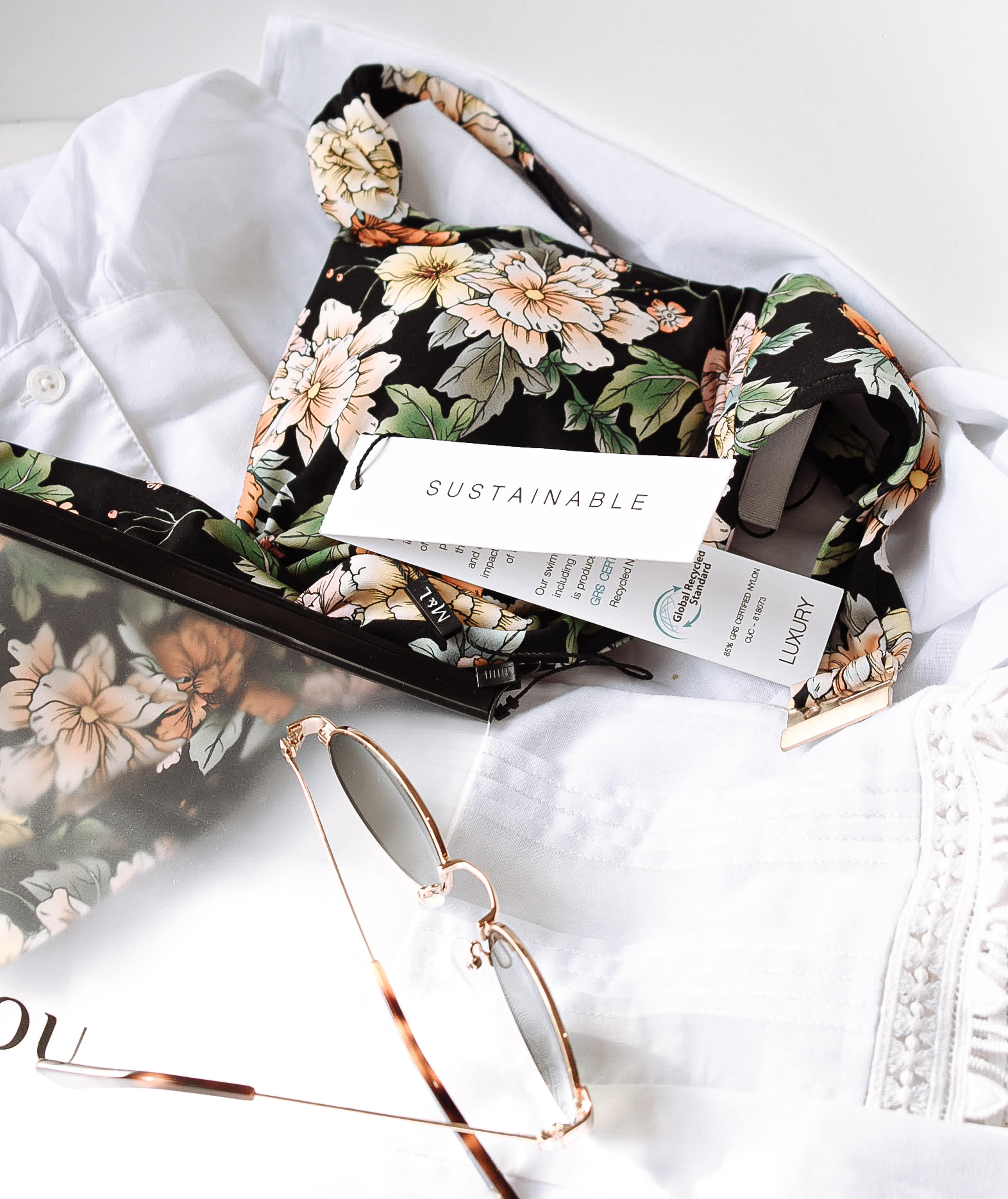

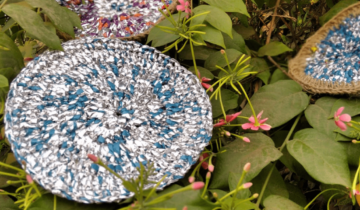
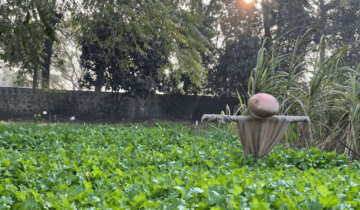
 No products in the cart.
No products in the cart.